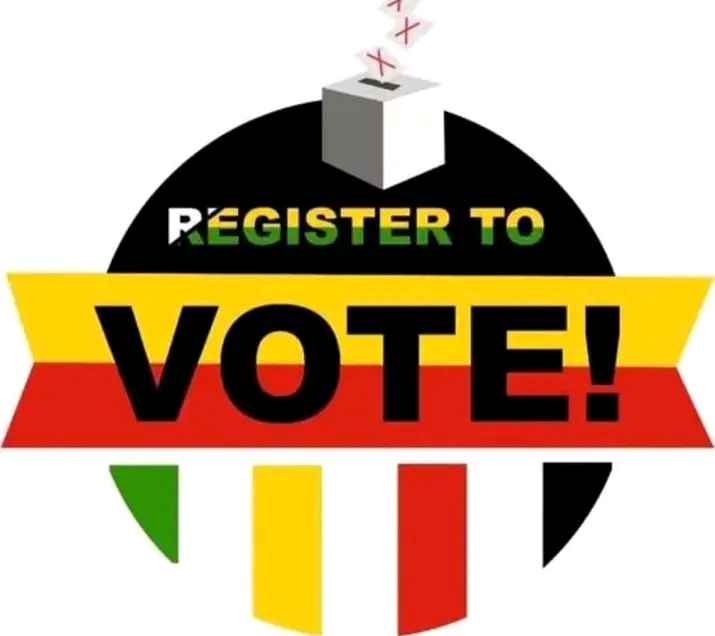- Election Date and Stakeholders: Zimbabweans are set to vote in presidential, legislative, and local council elections on August 23. The main contenders are President Emmerson Mnangagwa and opposition leader Nelson Chamisa.
- Historical Context: The 2018 elections marked a pivotal moment after the removal of former President Robert Mugabe in November 2017. Mnangagwa took over and emphasized a “Operation Restore Legacy.”
- Opposition’s Concerns: Opposition leader Nelson Chamisa argues that the electoral landscape favors the ruling ZANU-PF party, raising concerns about the fairness of the upcoming elections.
- Access to Voter List Denied: The Zimbabwe High Court recently denied the main opposition Citizens’ Coalition for Change (CCC) access to the final voter list, raising concerns about transparency and accountability.
- Postal Ballots and Secrecy: Police in Zimbabwe have already cast their postal ballots. Certain groups, including embassy staff, military, police, and healthcare professionals, can vote via postal ballots. Lack of transparency and secrecy could potentially lead to election fraud concerns.
- Candidate Inclusion and Withdrawals: Saviour Kasukuwere, an independent candidate, is not among the 11 candidates on the publicized ballot paper. Despite earlier allegations of withdrawal, MDC-T leader Douglas Mwonzora remains in the presidential race.
- Regional Impact: The Southern African Development Committee’s (SADC) Nevers Mumba emphasizes the need for a free, fair, and credible election, highlighting the broader regional implications of the August 23 polls.
- Diaspora and Voting Rights: A large number of Zimbabweans left due to economic crisis and high unemployment. Requests for voting rights for this group have gone unanswered.
- Presidential Run-Off Rule: The victor of the presidential election must secure at least 50% plus one vote. Failure to do so triggers a presidential run-off on October 2.
- Significance for Zimbabwe’s Future: These elections mark a critical juncture in Zimbabwe’s political landscape, with implications for transparency, inclusivity, and the nation’s relationship with its neighbors.
As Zimbabweans prepare to cast their ballots, the integrity and fairness of the electoral process, along with its regional impact, remain under scrutiny.


